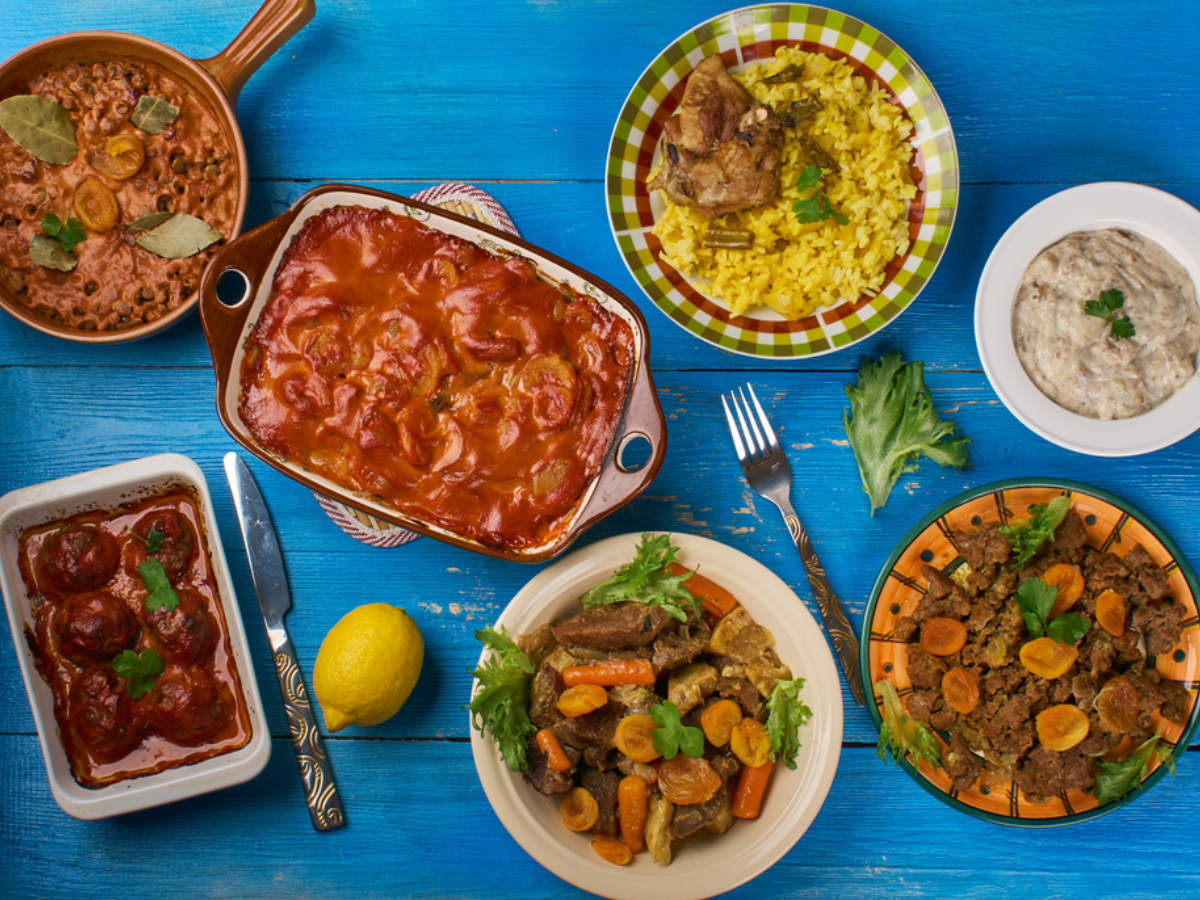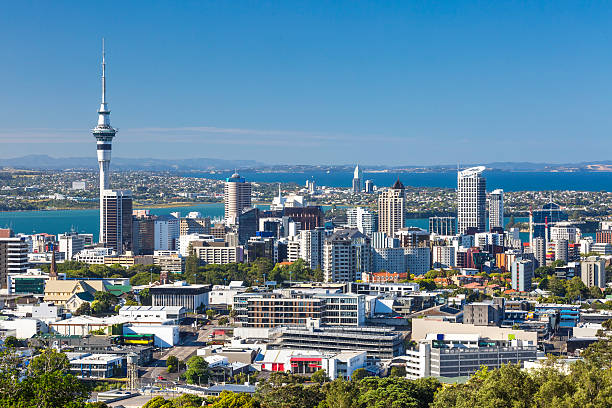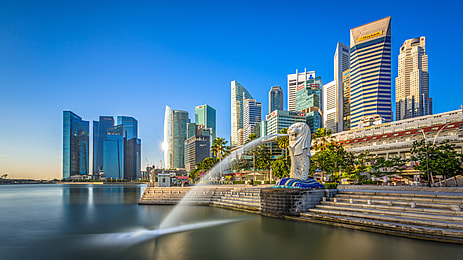Africa is the world’s second largest and second-most populous continent after Asia. Southern Africa is the southernmost region of Africa. Southern Africa typically refers to the region of the African continent that is situated south of the equator. This region is known for its stunning landscapes, including the iconic Victoria Falls, the vast Kalahari Desert, and the breathtaking coastline along the Indian and Atlantic Oceans. Southern Africa is rich in cultural diversity, with a mix of indigenous African cultures, European colonial influences, and vibrant modern societies. Economically, the region is characterized by its abundance of natural resources, including minerals, agriculture, and tourism. Southern Africa is also home to a variety of wildlife, making it a popular destination for safaris and eco-tourism adventures.
The five states that constitute Southern Africa :
➢ Botswana
➢ Eswatini (Swaziland)
➢ Lesotho
➢ Namibia
➢ South Africa
Map of Southern Africa
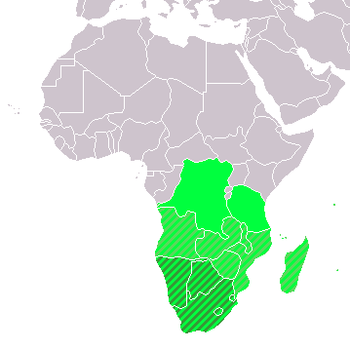
Central Africa refers to the central portion of the African continent, typically encompassing countries that are situated around the equator. This region is characterized by its lush rainforests, expansive river systems, and diverse array of wildlife. Central Africa is known for its rich cul tural heritage, with numerous indigenous ethnic groups and languages spoken throughout the re gion. It has also experienced periods of political instability and conflict, as well as challenges re lated to poverty and underdevelopment. Despite these challenges, Central Africa is home to stunning natural beauty, including the Congo Basin rainforest, the second-largest tropical rainfor est in the world, and iconic wildlife such as gorillas, chimpanzees, and forest elephants.
Central Africa consists of following countries listed below :
➢ Angola
➢ Burundi
➢ Cameroon
➢ Central African Republic
➢ Chad
➢ Democratic Republic of the Congo
➢ Republic of the Congo
➢ Equatorial Guinea
➢ Gabon
➢ Rwanda
➢ São Tomé and Príncipe.
South Africa Travel Tips :
1. Mobile Network & Internet

Stay connected hassle-free in South Africa by grabbing a local SIM card at the airport – it’s cheap and easy. You can also activate international roaming on your phone by calling your network’s customer care. But be cautious, as it can get pricey. Avoid unnecessary expenses by checking out local SIM card options and save more for your adventures.
2. Local Transport
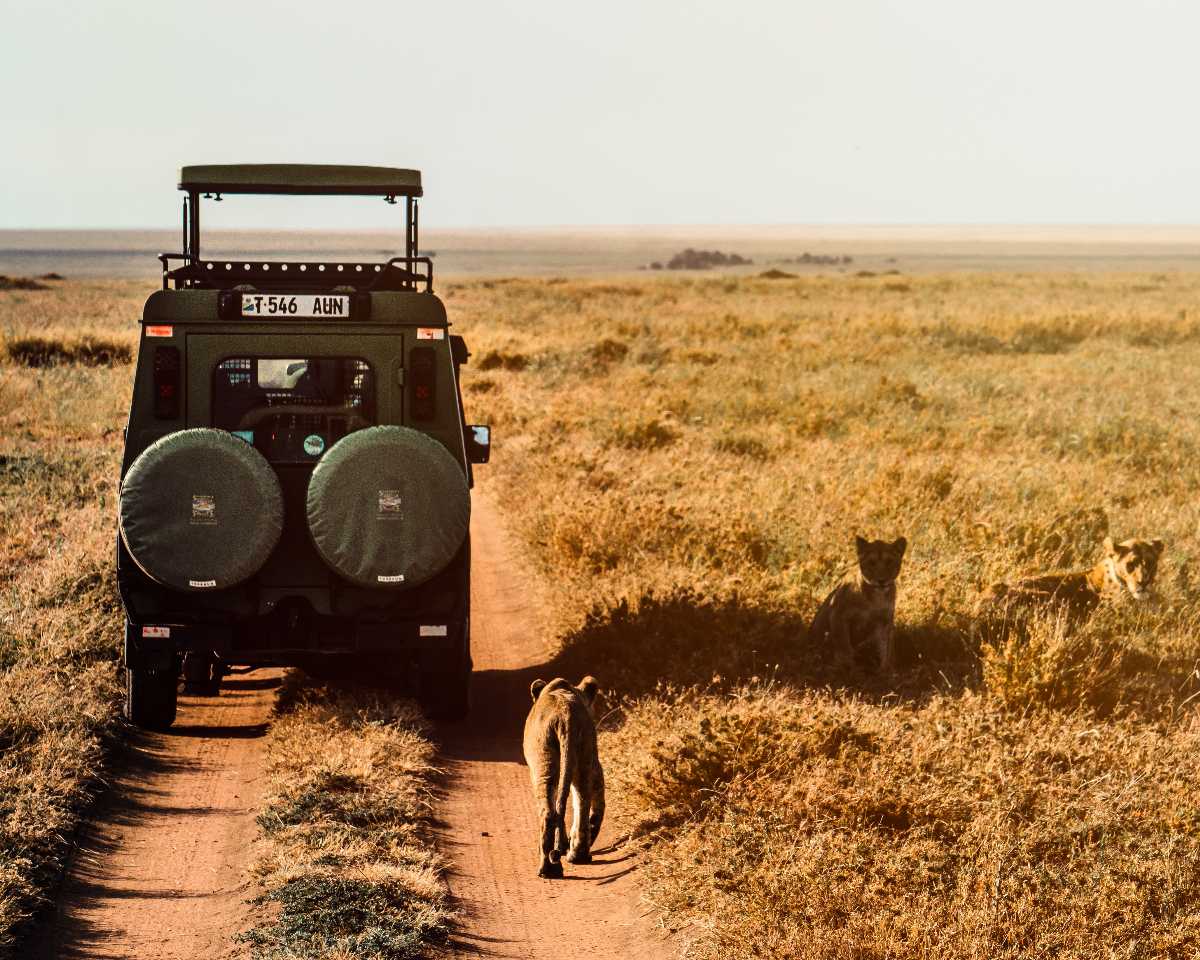
Exploring South Africa is a breeze with these local transport tips :
• Road Network: The well-maintained roads make car travel easy. Rent a GPS enabled car for smooth exploration, and consider a 4×4 for off-road adventures. • Urban Areas: Taxis are handy in cities, and Johannesburg’s Gautrain offers efficient travel, especially if your hotel is close to a train station.
• Caution with Taxis: Be careful with taxis in unfamiliar areas. Choose trusted ser vices, especially at night.
• Uber Convenience: In cities like Cape Town and Johannesburg, Uber is a reliable and cost-effective option with background-checked drivers.
3. Dressing on Safari

When exploring South Africa’s wildlife, go for practical dressing. Choose dull and faded clothes—like off-white and khakis—to blend in with nature. Avoid flashy colors, like red or yellow, as wildlife might be put off. For jungle safaris, pack essentials like a hat, sun screen, sunglasses, and insect repellent. While there’s no strict dress code, opting for subdued colors enhances your experience in the animal kingdom.
4. Safety

Ensuring your safety in South Africa is essential, and these general tips provide valuable guidance for a secure and enjoyable experience.
• Protect Valuables: Keep valuable items like jewelry and electronics discreet, especially in the evenings. It’s best to leave expensive jewelry at home.
• Vehicle Safety: Always lock car doors to minimize the risk of hijackings. Avoid leaving valuables in the car overnight.
• Personal Security: Forgo solo walks on beaches and hiking trails to reduce unnecessary risks in unfamiliar areas.
• ATM Caution: Be wary of card-swapping scams at ATMs. Don’t accept help from strangers, withdraw small amounts of cash, and prefer using credit cards. • Financial Precautions: Carry limited cash, avoiding large withdrawals. Keep valuables in hand luggage, especially at airports.
• Health Check: Consult your doctor before departure, especially for malaria-prone areas like Kruger Park. Ensure you have the necessary medications.
• Traffic Rules: Drive on the left side, following rules similar to the UK, Japan, Aus tralia, and New Zealand.
• Wildlife Interaction: Stay in your car in national parks to avoid potential dangers. Avoid walking with food near baboons to prevent aggressive encounters.
5. Tipping

Tipping is widely practiced and appreciated in South Africa. Having some small change on hand helps tip various service professionals like waiters, bartenders, and taxi drivers, as tipping is customary in South Africa.
In restaurants, remember to add a tip of about 10-15% to the bill, as service charges are usu ally not included. Car guards, who watch over parked cars, usually receive a small tip (R5 to R10). Tipping petrol attendants with R2-5 and rounding off taxi fares is common. When on tours, it’s considered polite to tip the driver and guide, with amounts ranging from R20 to R50.
6. Begging
South Africa deals with significant poverty, and you might encounter beggars asking for money. In Cape Town, there are around 5000 homeless people. Instead of giving cash, it’s better to offer food or donate to shelters like ‘The Haven’ in Cape Town, which provides more effective support.
7. Travel Within the Country

Getting around South Africa takes more time than you might think due to its size. For exam ple, driving from Johannesburg to Cape Town is a 1400 km journey that takes over 13 hours by car, including toll roads. To save time, consider flying between major cities, which is convenient and allows you to enjoy famous road trips. There are affordable domestic flights from various airlines, with good availability except during peak times like school holidays or festive seasons.
8. Electricity and Adapter

In South Africa, electricity runs on 220/230V with unique round-pinned plugs. If you’re from the US, bring a universal travel adapter, but those from the UK, Australia, or South Korea are good to go. Most sockets use type M plugs, but hotels provide other options. Re member, the standard voltage is 230V. If you’re bringing devices like a hairdryer, consider getting a converter for compatibility.
9. Money and Currency
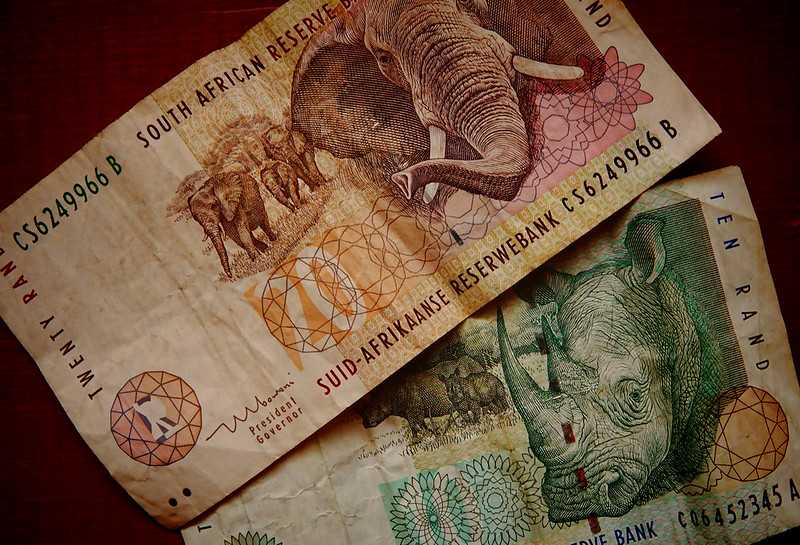
In South Africa, the currency is the Rand (ZAR), available in notes of 10, 20, 50, 100, and 200 Rands, along with coins in denominations of R1, R2, R5, and 5, 10, 20, and 50 cents. Despite widespread card acceptance, having some cash, especially small change, is advisa ble. ATMs are easily found in malls, petrol stations, and supermarkets.
While using cards, ensure your credit card stays in sight, and opt for swiping over “tap” to prevent cloning risks. Avoid carrying large amounts of cash, and be cautious at ATMs, never sharing your PIN with strangers.
10. Local Language
-0003.jpeg)
South Africa is a lively mix of languages with 11 official ones. isiZulu and isiXhosa are common, but English is widely spoken in towns. Afrikaans is another big language, so learning basic greetings is useful. South Africans blend English with Afrikaans and Zulu words in their slang. Remember phrases like “Howzit” for greetings and “Lekker” for something great. They call traffic lights “Robots.” Knowing this diverse language scene adds to your experience in this culturally rich country.
11. Local Food
South Africa’s food scene is a delight for food lovers. While eating out isn’t the cheapest, locals often enjoy home-cooked meals or barbecues known as braais. If you’re staying out, choosing accommodations with a kitchen or inclusive meals can be budget friendly. Super markets like Woolworths and Pick ‘n Pay offer ready-to-eat options.
Explore South African flavors with must-try dishes like Biltong, Braai broodjies, Boerewors rolls, Buttermilk rusks, Curry and rice, Droewors, Fresh oysters, Fish and chips, Koeksis ters, Jam donuts, Malva Pudding, Melktert, Pap and Sheba, Peri-peri chicken, Sausage roll, Slap chips, Smoked snoek, Sosaties, A proper steak, Vetkoek and mince, Rooibos tea, Sa vanna Dry, and Springbokkie.
12. Tap Water

In South Africa, tap water is safe to drink in most places, thanks to the government’s efforts to maintain high-quality standards. In urban areas, you can confidently drink straight from the tap. However, when venturing into rural areas or encountering milky-looking water, opt ing for bottled water is advisable. Carrying a reusable water bottle is convenient, and you can check with your accommodation if you have any doubts about water safety.
13. LGBTQ Friendliness
Africa leads the way in LGBTQ friendliness, having the world’s first gay- and lesbian friendly constitution. It’s legal for consenting adults over 18, and discrimination based on sexual orientation is strictly prohibited. While major cities are more accepting, some areas outside may be conservative, impacting public displays of affection. Nonetheless, South Af rica’s legal framework champions LGBTQ rights.
14. Travel Insurance
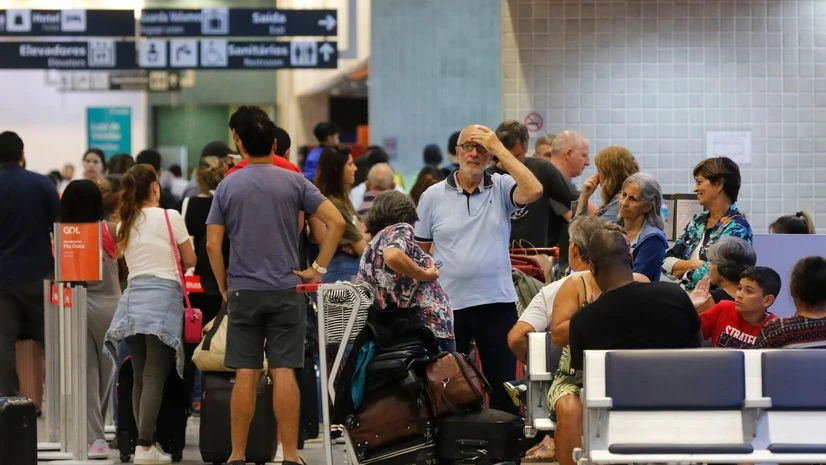)
insurance is crucial for your South Africa trip, offering protection against theft, loss, illness, or injury, even during adventurous activities. The coverage includes baggage, tickets, and cash up to certain limits, with options for high-risk pursuits. Customize your policy, keep receipts for medical expenses, and report stolen items to the police when making a claim. It’s your safety net for a worry-free journey.
15. Booking for Table Mountain
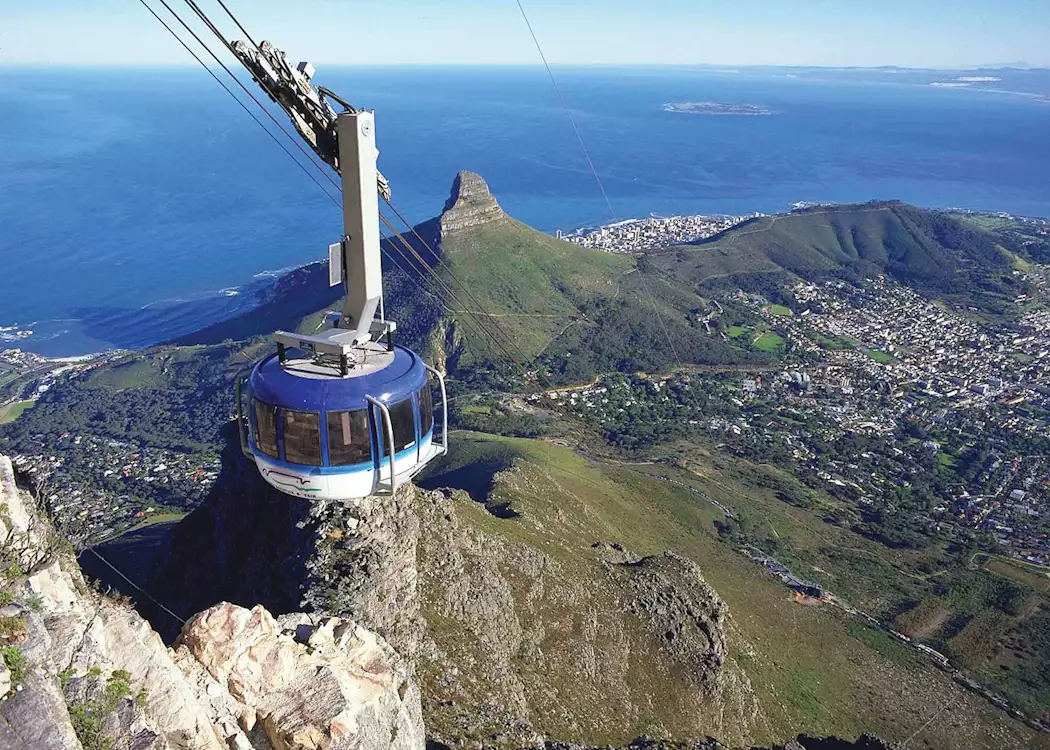
When planning to visit Table Mountain in South Africa, it’s best not to book tickets too far in advance. The weather on the day can be unpredictable, with factors like the famous table cloth effect or rainy conditions. Instead, stay flexible, check the weather forecast up to a week ahead, and book your tickets as soon as clear skies are expected. Don’t risk showing up on a clear day without a booking, as tickets may sell out.
As you explore South Africa, follow these tips for a smooth and memorable journey. Travel wisely, embrace the diversity, and make lasting memories in this captivating nation.
Traveling through Central Africa can be an exhilarating and rewarding experience, offering a rich tapestry of cultures, landscapes, and wildlife. From the lush rainforests of the Congo Basin to the expansive savannas of the Central African Republic, each country in the region holds its own unique allure. However, navigating Central Africa requires careful planning, flexibility, and an adventurous spirit. Here are some tips to help you make the most of your journey through this vibrant and diverse region:
Central Africa Travel Tips :
1. Research and Planning :
Before embarking on your journey, conduct thorough research on the countries you plan to visit. Familiarize yourself with their cultures, customs, and current political situations. Obtain any necessary visas and vaccinations well in advance, and make sure to check for any travel advisories or restrictions.
2. Pack Wisely :
Central Africa can be hot and humid, so pack lightweight, breathable clothing made from natural fibers. Don’t forget essentials like sunscreen, insect repellent, and a good pair of walking shoes. Depending on your itinerary, you may also need camping gear and other outdoor equipment.
3. Health and Safety :
Health precautions are essential in Central Africa, where diseases like malaria and yellow fever are prevalent. Consult with a healthcare professional before your trip to ensure you have the necessary vaccinations and medications. Practice good hygiene, drink only bottled or purified water, and be cautious when consuming food from street vendors.
4. Transportation :
Transportation infrastructure in Central Africa can be limited and unreliable. While major cities may have airports and paved roads, remote areas are often only accessible by dirt tracks or even boats. Consider hiring a local guide or driver who is familiar with the terrain and can help navigate the sometimes challenging road conditions.
5. Respect Local Customs :
Central Africa is home to a diverse array of cultures and ethnicities, each with its own traditions and customs. Show respect for local customs and traditions, dress modestly, and ask permission before photographing people or sacred sites. Learning a few basic phrases in the local languages can also go a long way in fostering goodwill and building connections with locals.
6. Wildlife Encounters :
Central Africa is renowned for its incredible biodiversity, including iconic species like gorillas, elephants, and big cats. If you plan to embark on a wildlife safari or trekking expedition, book with reputable tour operators who prioritize animal welfare and conservation. Always follow the guidance of your guides and rangers to ensure a safe and respectful experience for both you and the animals.
7. Cultural Experiences :
Take the time to immerse yourself in the rich cultural heritage of Central Africa. Attend traditional dance performances, sample local cuisine, and visit markets and artisan workshops to support local artisans. Participating in community-based tourism initiatives can also provide unique opportunities to learn about traditional lifestyles and contribute directly to local economies.
8.Be Flexible :
Flexibility is key when traveling in Central Africa, where schedules and plans can change at a moment’s notice. Delays, breakdowns, and unexpected obstacles are par for the course, so maintain a positive attitude and be prepared to roll with the punches. Embrace the slower pace of life and use any downtime as an opportunity to relax and soak in your surroundings.
9.Stay Informed :
Stay informed about current events and developments in the region, particularly if you plan to travel to areas with a history of civil unrest or political instability. Monitor local news sources, heed the advice of embassy warnings, and register with your country’s embassy or consulate upon arrival in each country.
10.Leave No Trace :
Finally, practice responsible tourism and leave no trace of your visit behind. Dispose of waste properly, respect wildlife habitats, and support eco-friendly initiatives wherever possible. By treading lightly and leaving a positive impact on the communities you visit, you can help ensure that Central Africa’s natural and cultural treasures endure for future generations to enjoy.
By following these tips and embracing the spirit of adventure, you can embark on a memorable journey through Central Africa that will leave you with a deeper appreciation for its people, landscapes, and wildlife. Whether you’re exploring remote rainforests, encountering majestic wildlife, or immersing yourself in vibrant cultures, Central Africa offers a wealth of experiences waiting to be discovered.

